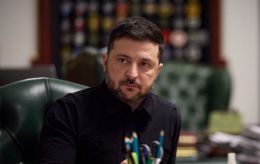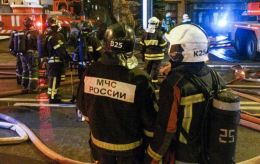Political tensions caused by war and what will happen to West's help for Ukraine
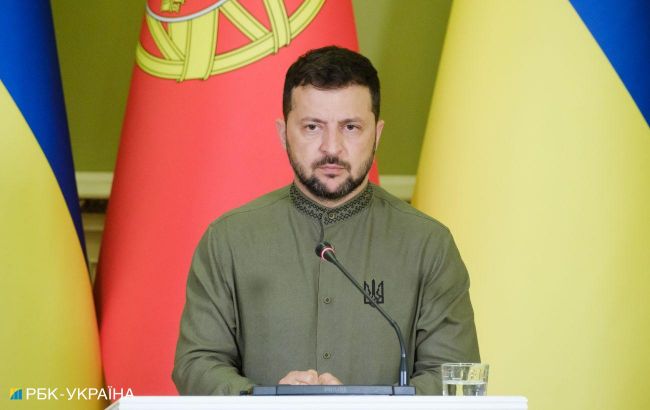 President of Ukraine Volodymyr Zelenskyy (Vitalii Nosach, RBC-Ukraine)
President of Ukraine Volodymyr Zelenskyy (Vitalii Nosach, RBC-Ukraine)
In addition to the war with Russia, Volodymyr Zelensky's team is fighting on two other fronts: domestic and foreign. In an analysis by RBC-Ukraine's political commentator Milan Lelich, the reasons behind the absence of elections in Ukraine, the alleged conflict between Zelenskyy and Chief of the General Staff Valerii Zaluzhnyi, and why American politics are currently more crucial for Ukraine than its own are explored.
The following was used in preparing of the article: off-record comments by Ukrainian and Western top officials, politicians and diplomats, publications by TIME, The Economist, The Wall Street Journal, and public statements by the Ukrainian leadership.
Why there will be no elections
If it weren't for the full-scale Russian invasion, Ukrainian society would now be immersed in discussions about the results of the parliamentary elections held at the end of October, the formation of a coalition, and a new Cabinet. However, due to obvious reasons, the scheduled elections on October 29 did not take place.
According to RBC-Ukraine, no one in power seriously considered holding elections on schedule. The current convocation of the Verkhovna Rada has long been a source of frustration due to its inability to promptly pass necessary legislation and the endless scandals involving deputies from the ruling party. Nevertheless, the parliament manages to pass bills, especially important with the expected start of negotiations on EU accession. Political scandals have also decreased recently compared to the summer. Furthermore, a hypothetical next convocation of the Rada would be even less under the control of the President's Office.
Presidential elections are scheduled to take place at the end of March next year. The formal decision to start the campaign was supposed to be made at the end of December by the Verkhovna Rada.
Talks about presidential elections intensified after the visit to Ukraine by U.S. Senator Lindsey Graham, who said that elections must take place. President Volodymyr Zelenskyy himself has repeatedly said that he is not afraid of elections but that their conduct is associated with many difficulties.
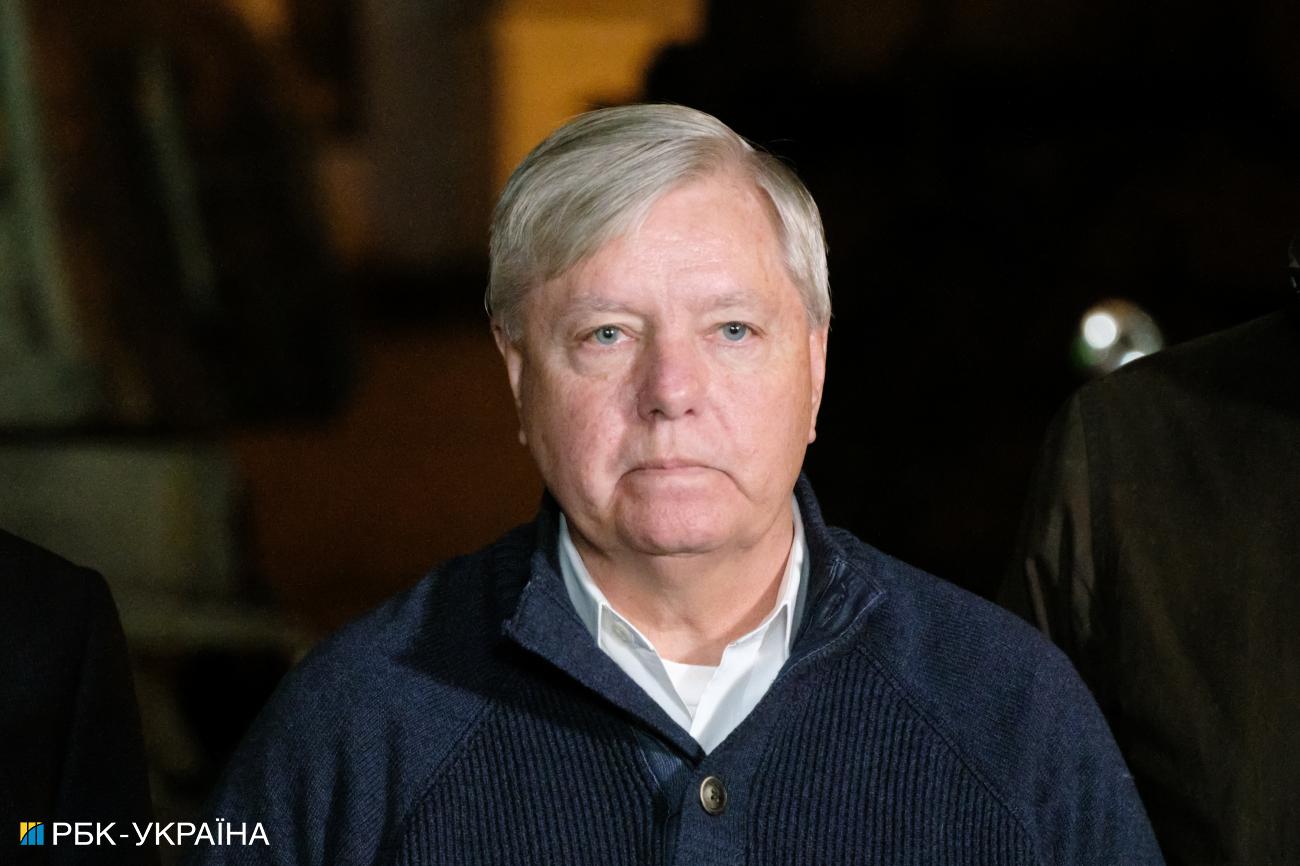
Senator Lindsey Graham (photo: Vitalii Nosach / RBC-Ukraine)
Three weeks ago, RBC-Ukraine's sources within the government started talking more definitively about the upcoming elections, claiming that an unofficial campaign has already begun. The relevant committee of the Verkhovna Rada has even prepared a draft law on where voting can take place (with no hopes that Ukraine will de-occupy all its territory by March, unfortunately).
However, Zelenskyy himself put a stop to these speculations. On November 6, in a video address, he stated that elections are "not timely" at the moment. Sources in his circle say that this effectively removes the topic from the agenda, at least until next spring, if not longer.
According to RBC-Ukraine, the country's leadership indeed hesitated on whether to proceed with elections now, with supporters on both sides of the argument.
March elections would have given Zelenskyy a good opportunity to solidify his position in the presidential chair, ensuring absolute legitimacy for the coming years, especially since current polls indicate that he doesn't have serious political opponents. Winning even in the first round would have been quite possible.
On the other hand, holding elections involves significant technical and political risks. Technical challenges include ensuring the participation of military personnel and millions of Ukrainians who have left the country due to the war, guaranteeing free media and agitation in military conditions, verifying voter lists amid mass internal migration, and ensuring a normal electoral process in frontline territories and across Ukraine with constant air raid alerts, among other issues.
Political risks are also considerable. Even now, during the pre-election period, Ukrainian media, especially social media, are filled with intense political disagreements. Considering the political culture in Ukraine, where any election inherently turns into a war of annihilation, an official election campaign would significantly intensify tensions. The question of whether this kind of war is necessary in the conditions of a real war has been repeatedly raised in discussions on elections.
In conclusion, all these arguments outweighed another argument, which is also voiced in the presidential team: the more time passes, the more difficult it will be for Zelenskyy to be re-elected (assuming the war does not end with a complete and uncompromising victory for Ukraine).
Is there a conflict between Zelenskyy and Zaluzhnyi?
Although elections as such are now off the agenda, the political process is still in full swing, albeit with a shifted focus. There are now talks of a disagreemnt between the military and political leadership of Ukraine, and a strategic crisis that has affected the entire government team.
These discussions were sparked by a resonant article in the American TIME, citing anonymous sources, which detailed numerous problems that the Ukrainian leadership, led by Zelenskyy, has faced in the second year of the war.
Within a couple of days, Chief of the General Staff Valerii Zaluzhnyi told The Economist that the war with Russia has definitively become positional, explained the reasons behind this, and proposed a plan to exit the situation, the main point of which is to gain technological superiority over the aggressors.
Zaluzhnyi's statements triggered a sharp reaction at the Bankova (the street where the Ukrainian president's office is located). Deputy Head of the Office of the President Ihor Zhovkva harshly criticized them, and the Commander of the Joint Forces Viktor Khorenko suddenly lost his position, and according to RBC-Ukraine's information, Zaluzhnyi was not informed about it in advance. Some sources say that the key reason for this dismissal was an undisclosed conflict between the former commander of the Special Operations Forces and one of the deputy heads of the Office of the President, Roman Mashovets, responsible for the military direction in the OP. RBC-Ukraine requested an interview with Mashovets but has not received a response from the OP at this time. It is noteworthy that according to Mashovets' official biography on the President's Office website, he was involved in the creation of the Special Operations Forces.
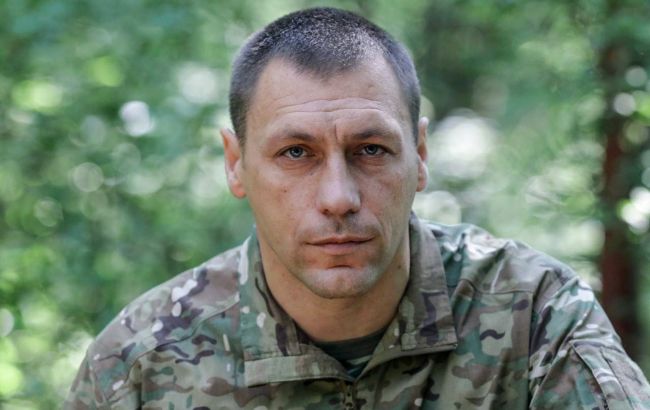
Former Special Forces commander Viktor Khorenko (photo: facebook.com/usofcom)
RBC-Ukraine's sources in both the presidential team and Zelenskyy's circle confirm that there is indeed some cooling of relations between Zelenskyy and Zaluzhnyi (though not as much as many Western media outlets depict it).
"We see the situation, the demand for betrayal has arisen. They are looking for scapegoats. Relations between Zelenskyy and Zaluzhnyi have indeed cooled. But the thing is, they can coexist in this state for a long time - let's remember the example of Poroshenko and Groysman," says a source in the presidential circle.
He suggests that Zaluzhnyi wrote his column for The Economist with genuine intent to explain Ukrainian problems to the West, somehow stir it up, and show ways out. At the same time, the interlocutor emphasizes that Zaluzhnyi lacks experience in communicating with Western officials and doesn't fully understand how decision-making processes happen there.
As a result, Zaluzhnyi's communications likely had a backfiring effect - skeptics of providing military aid to Ukraine got another argument, saying that even the top Ukrainian general admits that the situation is in a deadlock.
It is unknown whether the column's theses were coordinated with the presidential office. According to RBC-Ukraine, the President's Office was aware of Zaluzhnyi's plans to release such an article, but they were not fully aware of its content.
Another source in the government believes that Zelenskyy should have somehow reacted to Zaluzhnyi's public statements, but the president himself couldn't do it for understandable reasons. However, signaling to the chief of staff was necessary. The question is whether this reaction worsened the situation.
Probably, there would be fewer reasons to talk about any "split" in the top military-political leadership of the country if not for the backdrop of the upcoming elections.
Indeed, the Ukrainian opposition has actively joined the process. The Servant of the People party is convinced that Petro Poroshenko's team will actively exploit any contradictions within the government. Typically, any opposition does that, but sources in the Servant of the People consider their sworn opponents to have another task: to subjectivize Zaluzhnyi as a political figure, for now - a media-political wild card.
Indeed, Zaluzhnyi's potential participation in the elections, given the level of electoral trust in him, could seriously disrupt all plans. However, according to information from various sources in different camps and structures, the chief of staff is not going into politics and focuses solely on the war. But attempts to win over Zaluzhnyi continue, at least in order to secure his support in the parliamentary elections. Although, of course, there are those willing to get rid of Zaluzhnyi.
In turn, the presidential team acknowledges that Zaluzhnyi is generally a good military leader, although certain problems in the army, such as with the Medical Forces, remain chronically unresolved (on the evening of November 19, Zelenskyy changed their leadership). But firing him now automatically gives him a significant starting bonus for a potential political career, in addition to his current popularity.
Blaming and quarrels within the team inevitably start if the set tasks are not achieved. This is true for any structure, whether an investment company, a football club, or a country as a whole. Ukraine objectively could not fulfill the tasks set for 2023, as it certainly did not become the "year of victory."
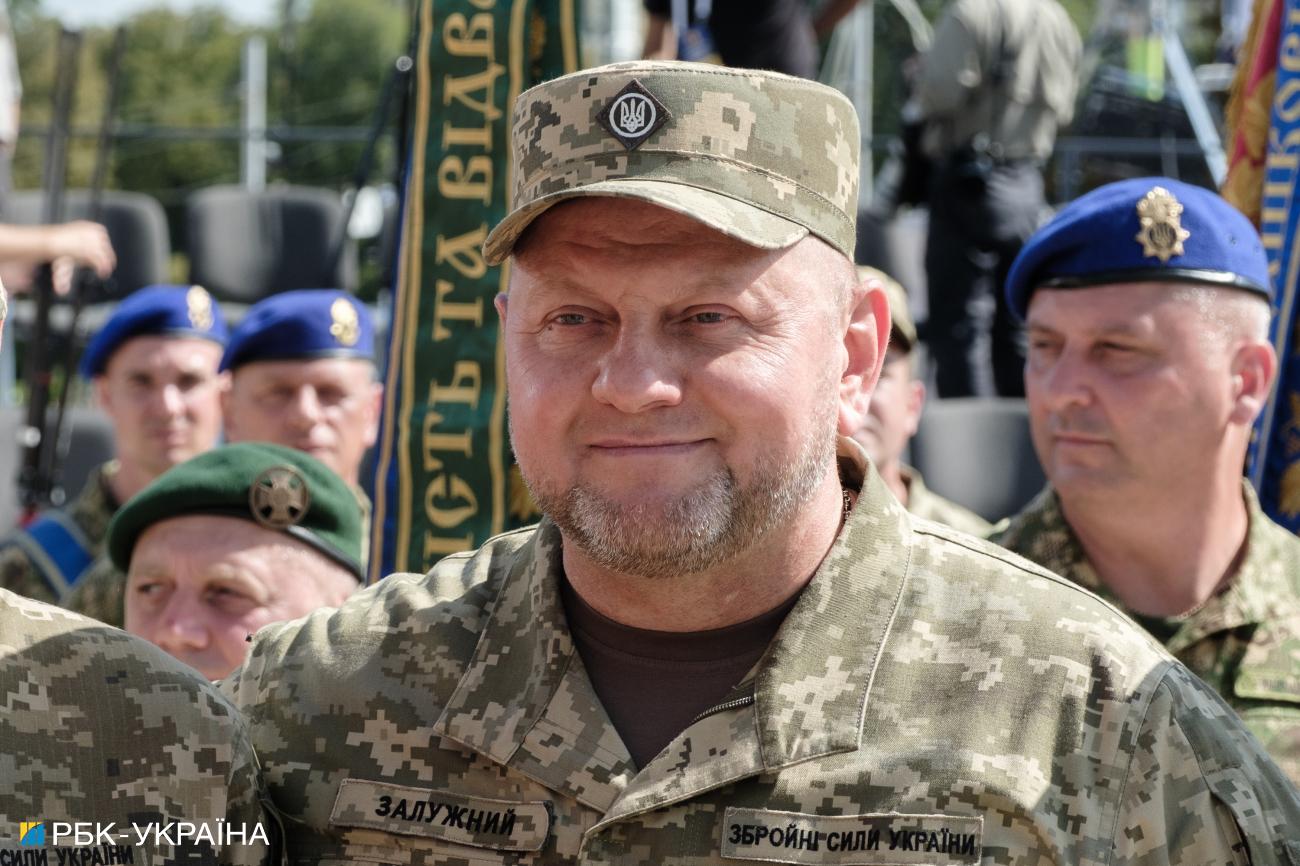
Commander-in-Chief of the Armed Forces of Ukraine Valerii Zaluzhnyi (photo: Vitalii Nosach / RBC-Ukraine)
In this sense, the government should have already started having an honest conversation with Ukrainians, rather than continuing to push a positive agenda. It did help the country withstand the first weeks of the major invasion, but now it is working with a reverse effect. If the theses about a quick victory have been heard for over a year, and this victory has not come, it gradually erodes trust in the government.
On these controversies, Russia actively tries to play as the main enemy. Recently, Zelenskyy publicly spoke about the existence of a plan for Maidan-3 to sow chaos and division within the country with subsequent overthrow.
On the one hand, it would be too naive to assume that the aggressor does not harbor such plans. Attempts to play on any Ukrainian problems and conflicts, from mobilization to high prices, have not stopped since the first wave of aggression in 2014. Representatives of the government and special services have repeatedly heard the opinion that "if someone could betray Ukraine, it could only be ourselves."
On the other hand, a significant part of the population perceived the news about the coup with considerable skepticism. Calls to not rock the boat probably came from every ruling team since independence (remember the famous Shatun plan in 2016).
However, the external situation for Ukraine has never been so challenging. And the need for unity is vital. For now, despite interpersonal quarrels and objective difficulties, the military-political leadership of the country generally maintains this unity. Although the unity of the early spring of 2023 is no longer discussed. In any case, a ceasefire on the internal front needs to happen as soon as possible, given the serious problems on the external front. And it's not just about direct combat actions in the south of Ukraine or Donbas.
What to expect from Western allies
It is easy to notice that in recent months, the world situation has generally not been in favor of Ukraine. And it's not Ukraine's fault and not even its participation. There is a chronic crisis in the U.S. House of Representatives, a major war has broken out in the Middle East, diverting the West's efforts and attention, a Ukraine-skeptical government has come to power in Slovakia, and so on. And the main threat looms over all of this - the U.S. presidential campaign gaining momentum and the possible return of Donald Trump to power, which would lead to unpredictable consequences for the U.S., Ukraine, and the world.
The ability of Kyiv to influence these processes is undoubtedly limited or may not exist at all. Nevertheless, the foreign policy strategy or, at the very least, the rhetoric, requires adjustment.
In general, the approach that worked well last year – the unconventional, aggressive diplomacy (alongside positivity for the domestic Ukrainian audience) – obviously is not effective anymore. For example, Germany was somewhat stirred by such methods last year, but Zelenskyy's sharp tone almost backfired at the NATO Summit in Vilnius this year.
A notable conclusion reached by RBC-Ukraine after discussions with European and American officials is that no one will stop assisting Ukraine, as political will and public sympathy (the main factor in democracy) generally remain on Ukraine's side.
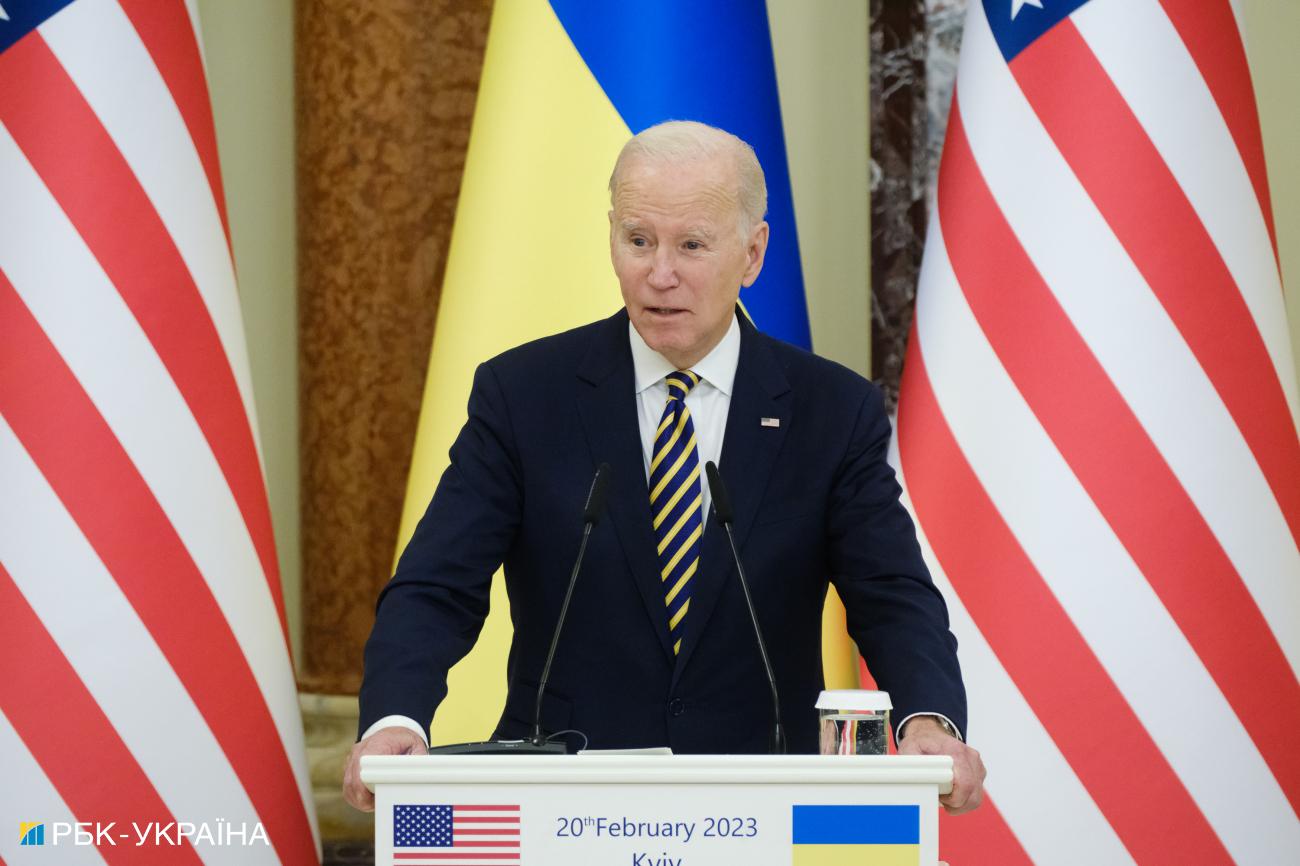
U.S. President Joe Biden (photo: Vitalii Nosach / RBC-Ukraine)
However, there are few other positive news – aside from the likely swift start of negotiations on Ukraine's EU accession (which, however, has no direct, immediate impact on the military confrontation between Ukraine and Russia). A telling fact is that impoverished but heavily militarized North Korea managed to supply Russia with over a million shells. Meanwhile, the mighty, wealthy, but defenseless European Union with a similar task for Ukraine won't be able to cope, as officially acknowledged, even by March of next year.
All the interviewed interlocutors of RBC-Ukraine acknowledge: the next year for Ukraine will be more challenging than the current one. The main threat, of course, is the political turbulence in the United States, the consequences of which are already felt and publicly acknowledged on both sides of the ocean.
Kyiv is already taking steps in the American direction: realizing that it's not necessary to focus solely on cooperation with the current White House administration, more active contacts have begun with various groups in the Republican Party.
"We will support Ukraine as much as needed," this worn-out phrase remains relevant for both Washington and other European capitals. No one can say exactly how much and how long is "needed", which is not surprising, as neither the U.S. nor Europe has developed a final vision of how and when Russian aggression against Ukraine should end.
If the potential presidency of Trump doesn't turn everything upside down in world politics and the Russian-Ukrainian war in particular, the current situation could drag on for a very long time. Consequently, the West must change its approaches: from an exaggerated focus on how many kilometers Ukrainian forces have advanced in a particular direction to unequivocal and, most importantly, long-term support for Ukraine, which remains in the interests of the West. This is beginning to be recognized in European diplomatic circles and the media.
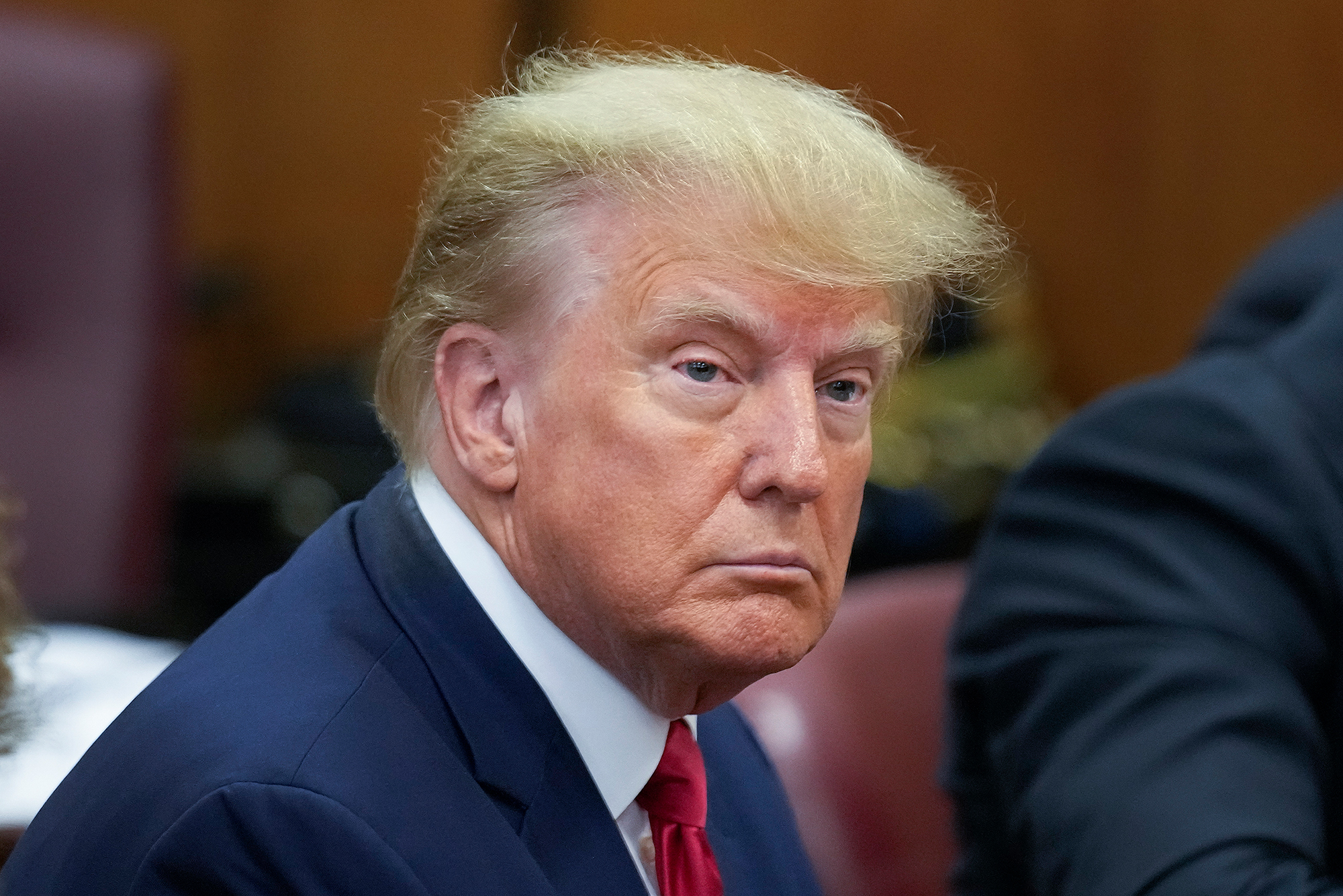
Former U.S. President Donald Trump (photo: Getty Images)
Recently, an essay published in The Wall Street Journal by the heads of the Carnegie Center, Eugene Rumer and Andrew Weiss, caught attention in Ukrainian social media under the title "It’s Time to End Magical Thinking About Russia’s Defeat."
The authors argue that Western leaders have placed too much faith in some method of theirs – sanctions, the success of the Ukrainian counteroffensive, supplying new types of weapons to Ukraine – to force the Kremlin to negotiate. Or that there will be a coup in Russia leading to the removal of Putin from power.
Ukrainian attention was primarily drawn to the first part of the essay: that Russia is currently successfully waging a war of attrition, Putin has only strengthened his grip on power after the failed attempt at a pro-Golunov coup, sanctions are not causing critical damage to the Russian economy and defense, and so on.
But few paid attention to the other part of the essay – that Russia's position in the confrontation with the West is much weaker now than it was in the Soviet Union. Present-day Russia cannot offer the world any ideological model, as the USSR did in its time, Europe is not in ruins as after World War II, NATO is admitting new members, the overall balance of power is clearly shifted against Moscow, which is forced to seek help from the Chinese, Iranians, and North Koreans. And most importantly – despite all expectations, Ukraine has stood its ground. Therefore, helping it is a key element of the West's necessary strategy to contain Russia: continuing sanctions, diplomatic isolation, strengthening defense in the U.S. and Europe.
"The U.S. and its allies must clearly understand the long-term nature of these measures," the essay says.
In this case, what remains for Ukraine to do, besides conveying such thoughts to interlocutors in Western government circles? Obviously, to fight, strengthen itself, and wait.
"Everything will remain as it is until spring, both inside the country, on the front, and in the West. We will repel shelling and monitor American policy, as it is currently more important to us than our politics," said an interlocutor in the presidential circle to RBC-Ukraine.
